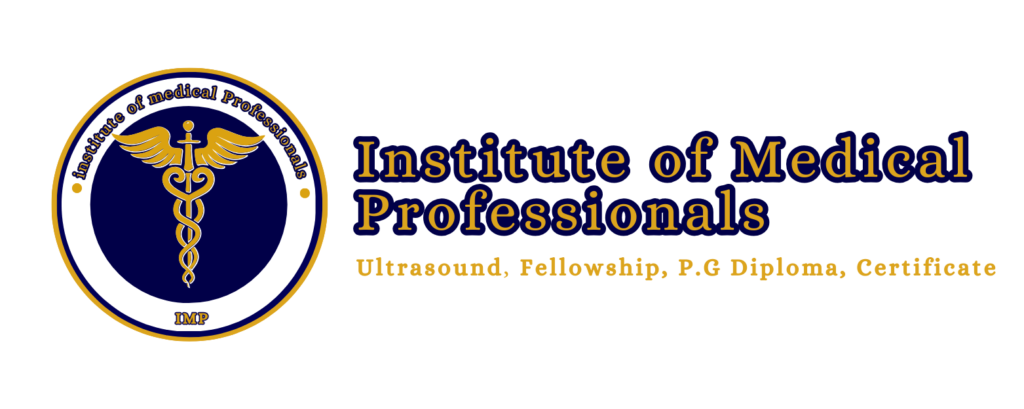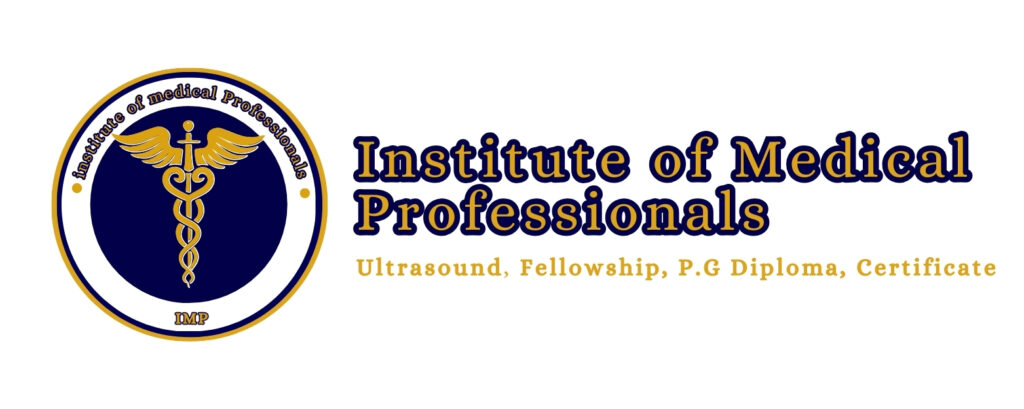Certificate in Congenital Anomalies Detection
About Course
The Certificate in Congenital Anomalies Detection is a specialized 3-month program designed to equip healthcare professionals with the knowledge and skills to identify and assess congenital anomalies during prenatal ultrasound examinations. This course focuses on the early detection, diagnosis, and management of fetal abnormalities, providing essential expertise for improving prenatal care outcomes.
Course Duration
3 Months
Course Modules
- Introduction to Congenital Anomalies
Overview of congenital anomalies, their causes, and the importance of early detection in prenatal care. - Ultrasound Physics and Techniques
Understanding the principles of ultrasound imaging and techniques specific to the detection of congenital anomalies. - First Trimester Screening
Techniques for early detection of anomalies in the first trimester, including nuchal translucency measurement and genetic screening. - Second Trimester Anomaly Scan
Detailed ultrasound examination to identify structural abnormalities, including heart defects, neural tube defects, and skeletal dysplasias. - Fetal Cardiac Anomalies
Identification and assessment of congenital heart defects, with a focus on advanced imaging techniques for detailed evaluation. - Central Nervous System Anomalies
Detection of brain and spinal cord anomalies, including hydrocephalus, anencephaly, and spina bifida. - Genitourinary and Gastrointestinal Anomalies
Assessment of the fetal genitourinary and gastrointestinal systems, identifying conditions such as renal agenesis and diaphragmatic hernia. - Skeletal Dysplasias and Limb Abnormalities
Identification of skeletal dysplasias, limb malformations, and related congenital conditions. - Counseling and Ethical Considerations
Best practices for communicating findings to expectant parents, ethical considerations, and counseling techniques. - Clinical Practicum in Congenital Anomalies Detection
Hands-on training in a clinical setting, applying learned techniques to detect and diagnose congenital anomalies in real patients.

